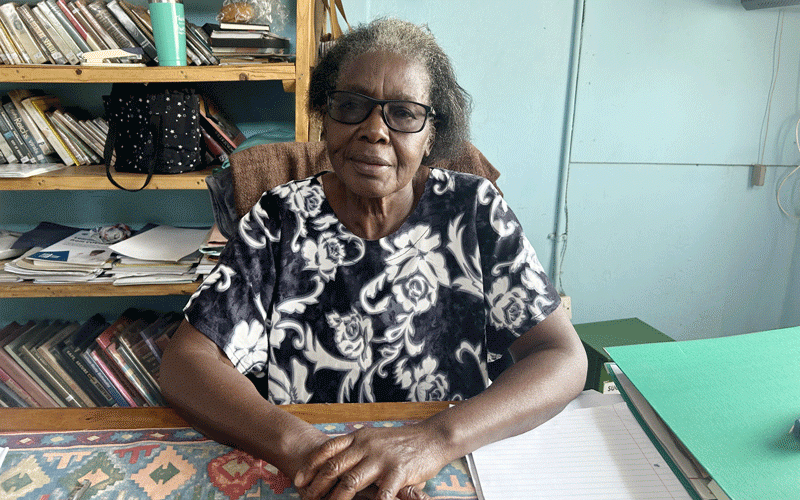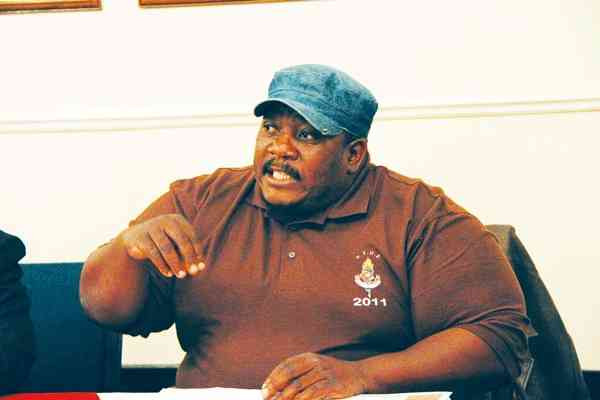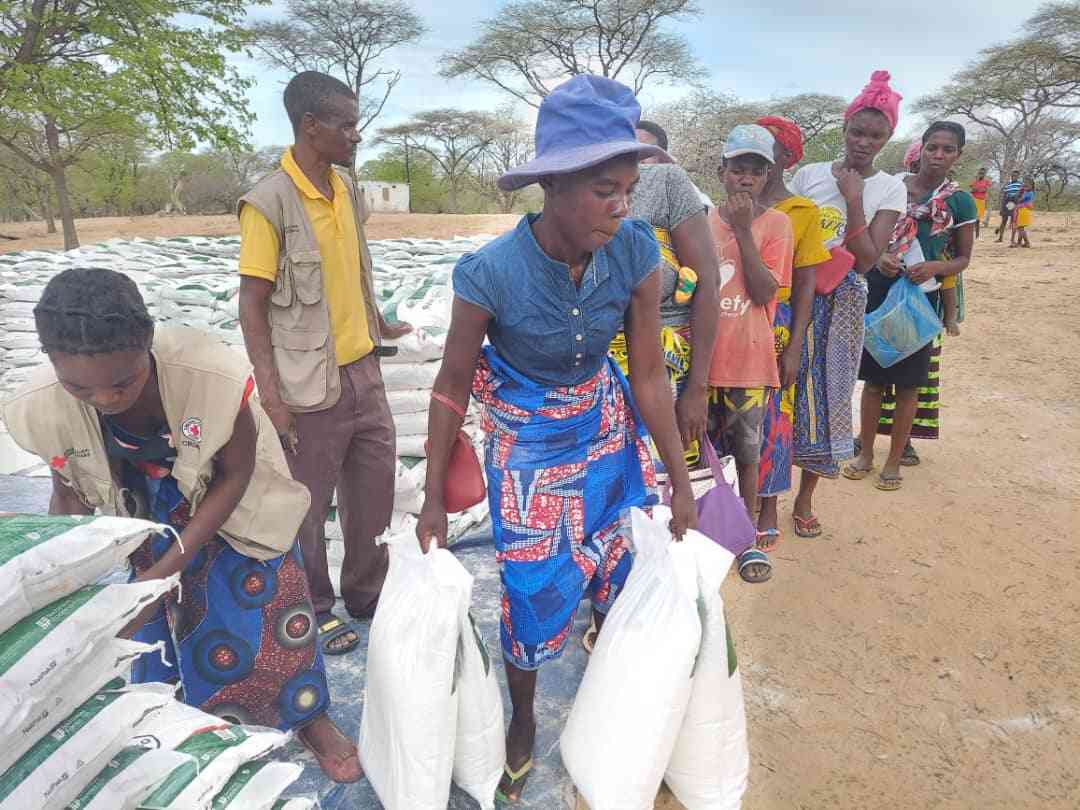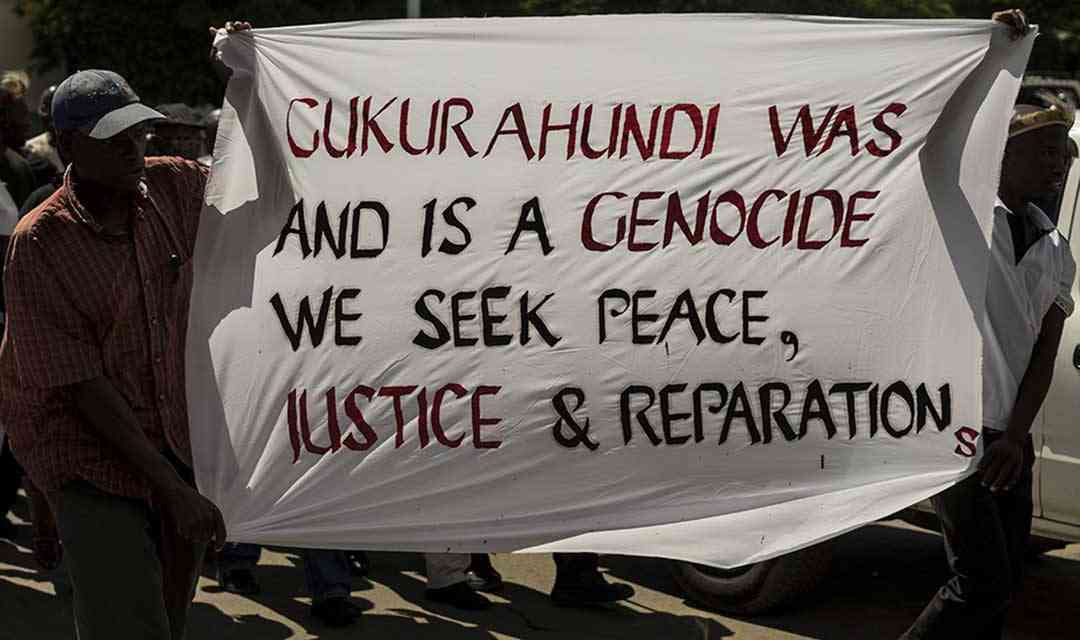
Emmilia Ncube, a widow from Bulawayo, recalls how she was ostracised after giving birth to a child with Down Syndrome 18 years ago.
Ncube (43) lost her husband in a car accident 2009 and she says she was taunted by people, who claimed that her daughter Mavis’ disability was a curse from God.
Down Syndrome (DS) is a genetic condition. According to experts, people with DS have a full or partial extra copy of chromosome 21 in some, or all, cells.
People with DS typically have poorer overall health at a younger age and suffer greater loss of health, mobility and increased secondary complications as they age.
In Zimbabwe, people with disabilities including those with DS, suffer discrimination in communities largely due to myths and lack of awareness.
Ncube said her woes were compounded by the fact that her daughter was diagnosed with a congenital heart disease and had to undergo a major surgery at the age of just 11 months.
“When I gave birth to my daughter a lot of people were of the belief that the child was a curse from God because of something bad that I had done,” she said.
“We have been discriminated even in churches and one is left wondering if the myths around people with disabilities are that bad.”
Mavis was lucky to get an opportunity to enroll for a life skills programme where she is receiving training in poultry production and sewing, but her mother says discrimination by society is suffocating.
“The fact that she is a girl with a disability makes her more vulnerable and as a mother I don’t feel safe leaving her in the care of anyone, especially male figures,” she said.
“As a widow I have to sacrifice the meagre financial resources I have to make my daughter feel as comfortable as possible.”
Ncube’s struggles will resonate with thousands of parents of children with DS across Zimbabwe, who have to contend with widespread discrimination and lack of resources to take care of their children.
Sibonisiwe Mazula, coordinator of the Zimbabwe Down Syndrome Association (ZDSA), said parents of children with DS and their offspring were suffering under the weight of discrimination.
Mazulu, who is a volunteer at ZDSA and has a child with DS, said their plight has been worsened by lack of financial support after their donor, Africa Government Foundation (AGF) pulled out in 2013.
“Having a child with Down Syndrome is very stressful and expensive,” she said. “The welfare of these children is not taken seriously (in Zimbabwe).”
The ZDSA used to run a thriving peanut butter making project in Bulawayo’s Makokoba suburb with support from AGF. Mazula said at its peak the project was producing 1 980 bottles of peanut butter every week, which they sold for US$1.65 each.
The money raised from the project was used to buy uniforms and pay school feels for children with DS, but all the association’s programmes that included raising awareness and fighting discrimination were discontinued.
“Since our major funder, Africa Government Foundation, withdrew its support in 2013 things have not been well for the association,” Mazulu said.
“The donor pulled out when we had not fully capacitated our members.
“As the coordinator I am doing voluntary work because the organisation is broke.
“We have not paid our rentals for some time and it is by the grace of God that we still exist.
“Although we still have all the machines we cannot raise money to buy raw materials such as ground nuts and pay the grinders.
“We also need other projects to complement the peanut butter making business so that we are able to sustain all our organisation expenses, which include rentals, salaries and other related expenses.”
ZDSA, which is affiliated to the Africa Down Syndrome Network (ADSN), has 76 members from Bulawayo and surrounding areas.
The association has been failing to pay its annual US$250 affiliation fee to ADSN and Mazula appealed to well-wishers to come to their rescue.
She bemoaned the shortage of specialised schools for children with disabilities.
Mazula said most of the schools that can accommodate children with DS were privately owned and charged exorbitant fees.
“Most of the affordable schools do not have adequate and ideal infrastructure for our children,” she added. “We want the government to intervene by availing well equipped and affordable schools for children with Down Syndrome.”
Medical experts encourage parents of children with DS to enroll them in mainstream schools, but in Zimbabwe it is a challenge to put them in public schools because of lack of proper infrastructure.
According to the Ministry of Primary and Secondary Education (MoPSE), Zimbabwe has over 20 specialized institutions designed to cater for children with various disabilities, including DS.
Unicef says as many as 600,000 children are living with some form of disability in Zimbabwe.
Taungana Ndoro, the MoPSE spokesperson, admitted that there was need for more schools to cater for children with disabilities, including those with DS.
“The number of specialised schools will soon be adequate to meet the growing demand for children with special needs,” Ndoro said.
“Many public schools need the necessary infrastructure and resources to fully support these children.
“Efforts are being made to improve the infrastructure at public schools to accommodate children with special needs.
“Specialised training programmes for teachers are being expanded to ensure they are equipped with the skills needed to support children with disabilities.
“This includes training on individualised education plans and inclusive teaching strategies.”
Christine Peta, Ministry of Public Service, Labour and Social Welfare’s disability affairs director, said there were various government schemes that take care of children with disabilities, including those with DS.
“Through the Basic Education Assistance Module (Beam) the Ministry pays fees for children with disabilities including children with Down syndrome, from ECD1, through primary school and to the end of high school,” Peta said.
“Thereafter, the Ministry pays fees for learners with disabilities including learners with Down Syndrome, who enrol at institutions of higher learning, such as universities, polytechnics and other colleges.
“With regards to parents, the government of Zimbabwe takes cognisance of the fact that disability is a family affair, hence in all our social protection programmes we work with families with persons with disabilities including parents of children with Down Syndrome, whom we also include in our programme of economic empowerment of persons with disabilities, thus strengthening their capacity to fend for their families, that may include children with Down Syndrome.”
She said to facilitate free access to healthcare for children with disabilities the government had a facility known as assisted medical treatment orders that are issued by district social development offices.









